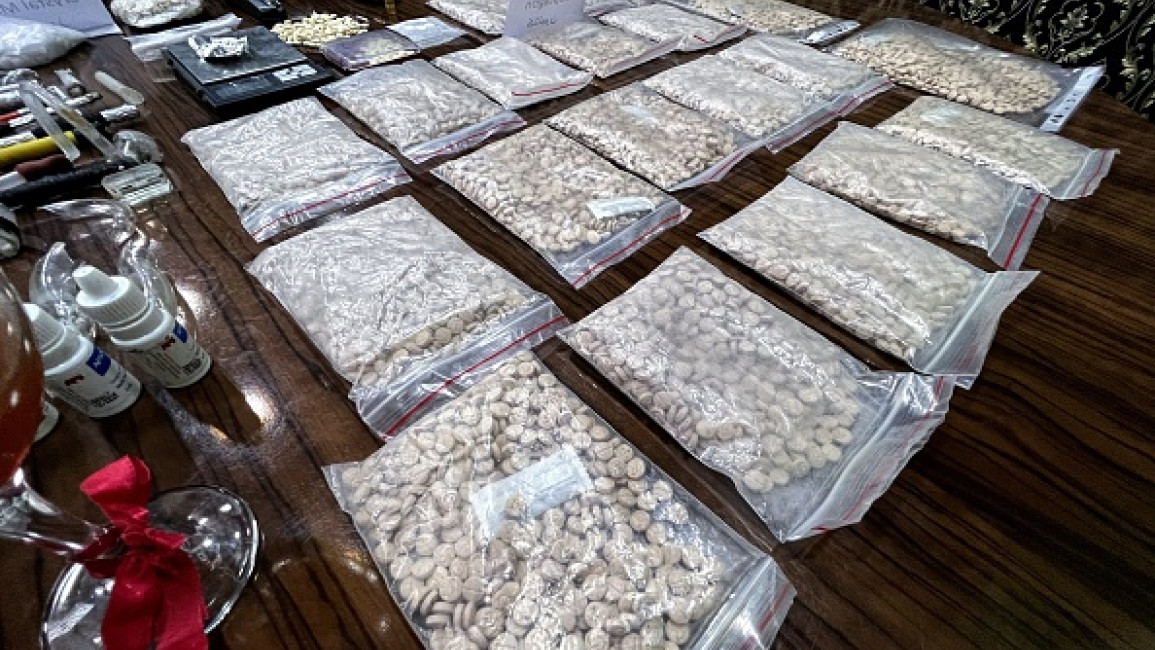UAE say they have seized $1 billion worth of Captagon amphetamines 'hidden in doors'
Police in Dubai seized 86 million tablets of the amphetamine known as Captagon hidden in a shipment of doors and decorative building panels, authorities said Thursday, estimating its street value at just over $1 billion.
The bust comes as sales of the amphetamine have become a Mideast-wide problem during Syria's long war.
A surveillance video released by the Interior Ministry in the United Arab Emirates shows suspects trying to bring the Captagon tablets through Dubai's massive Jebel Ali Port. They were hidden in five shipping containers of doors and panels, with the drugs themselves weighing over 13 tons, authorities said.
The UAE “stands as an impenetrable fortress against any threat aimed at jeopardizing the security and well-being of the Emirati society,” Interior Minister Sheikh Saif bin Zayed Al Nahyan said in a statement.
Authorities did not identify the arrested suspects but described their operation as an “international criminal organization,” without saying the source of the drugs. A Dubai police anti-narcotics official, Maj. Gen. Eid Mohammed Thani Hareb, said the drugs were to be transferred to an unidentified third nation.
The value of the seizure given by authorities put the price of a pill at nearly $12. Costs can be as high as $25 a pill in neighboring Saudi Arabia.
Syria under Assad has become the world’s leading trafficker of Captagon, a highly addictive amphetamine, during the war. Hundreds of millions of pills have been smuggled over the years into Jordan, Iraq, Saudi Arabia and other Gulf Arab countries, where the drug is used recreationally and by people with physically demanding jobs to keep them alert.
The United States, Britain and European Union accuse Syrian dictator Bashar Assad, his family and allies, including Lebanon’s militant Hezbollah group, of facilitating and profiting from the trade. They say that has given Assad’s rule a massive financial lifeline at a time when the Syrian economy is crumbling.
Gulf Arab nations, after backing rebels trying to overthrow Assad at the start of the war, have since resumed diplomatic relations with Damascus. Analysts suggest that's likely in part due to their efforts to stem the flow of Captagon regionally.



